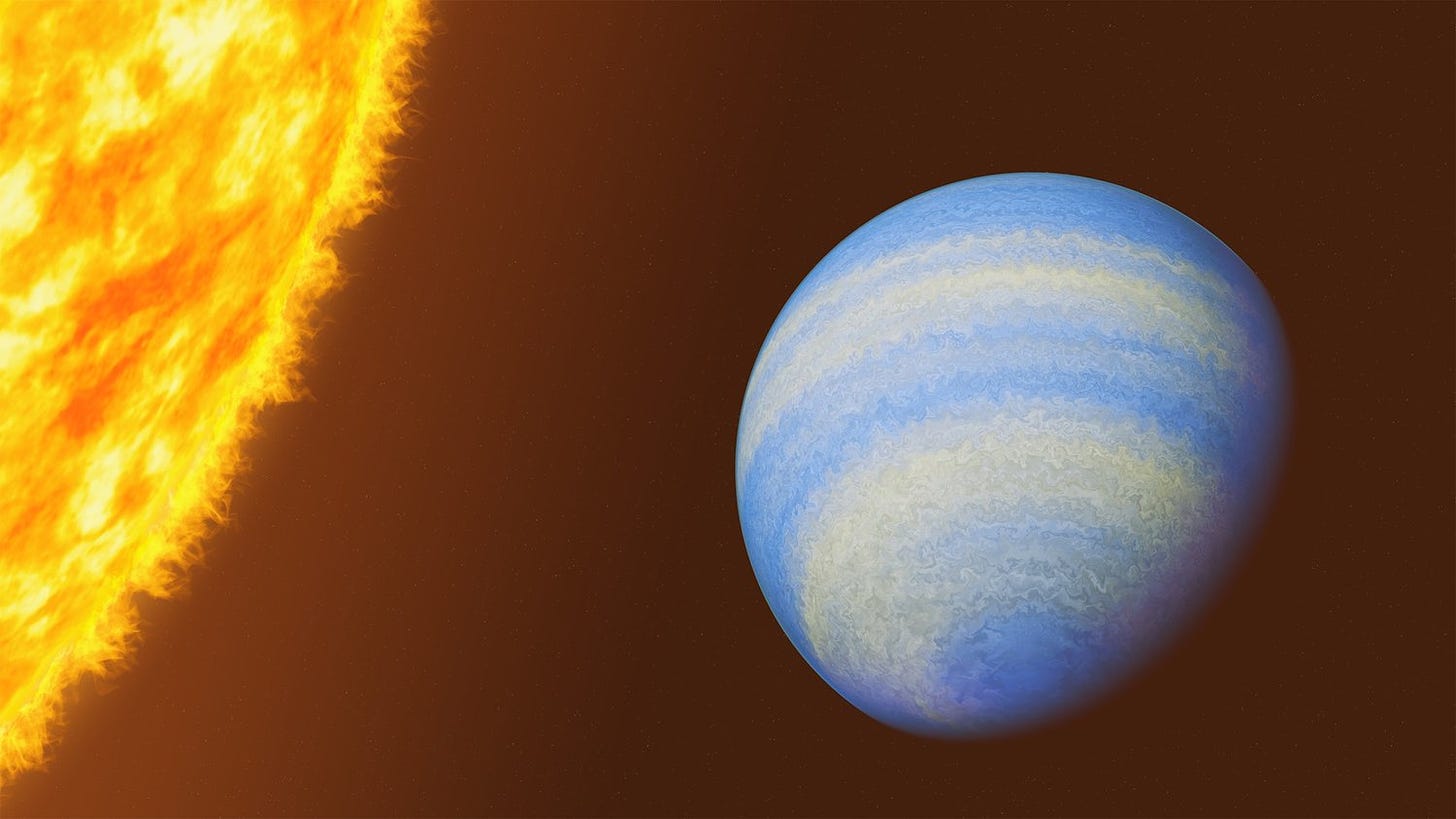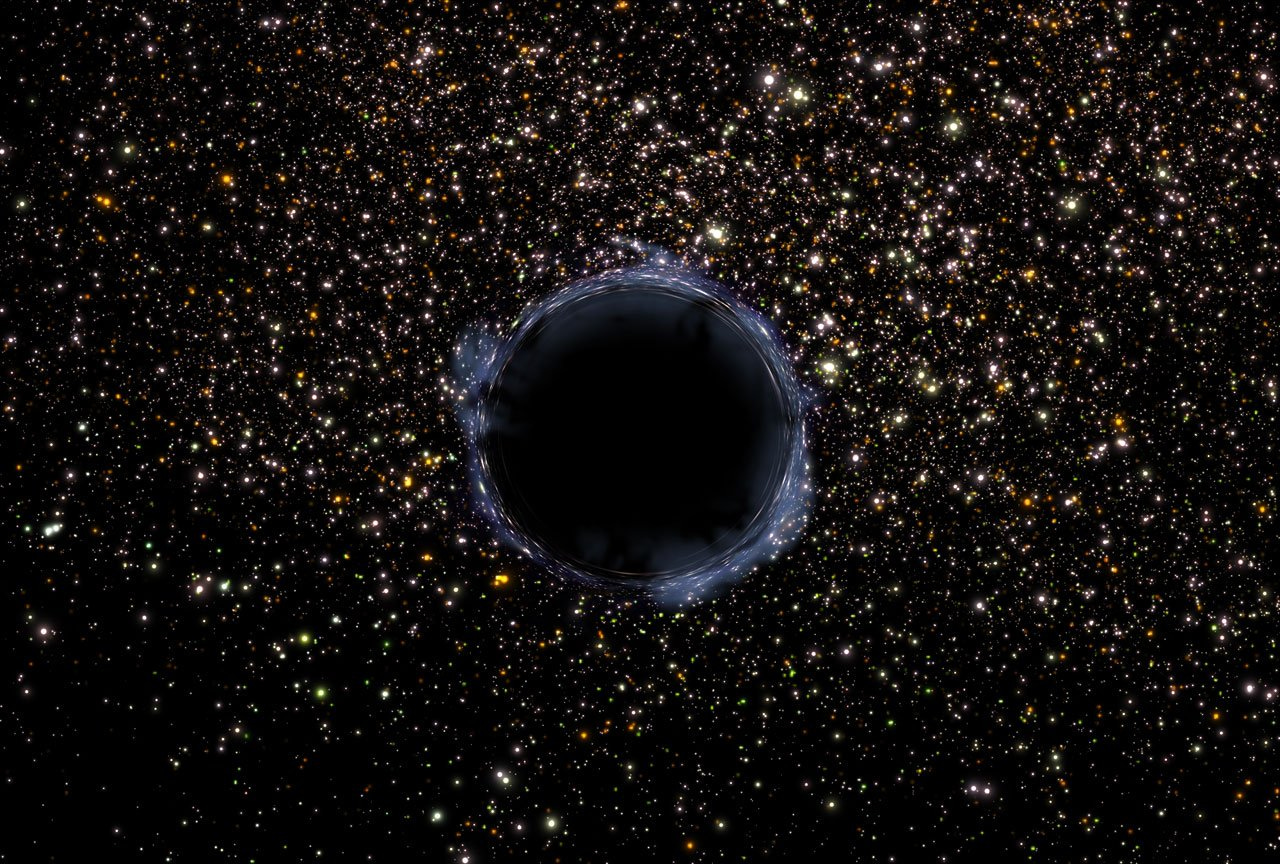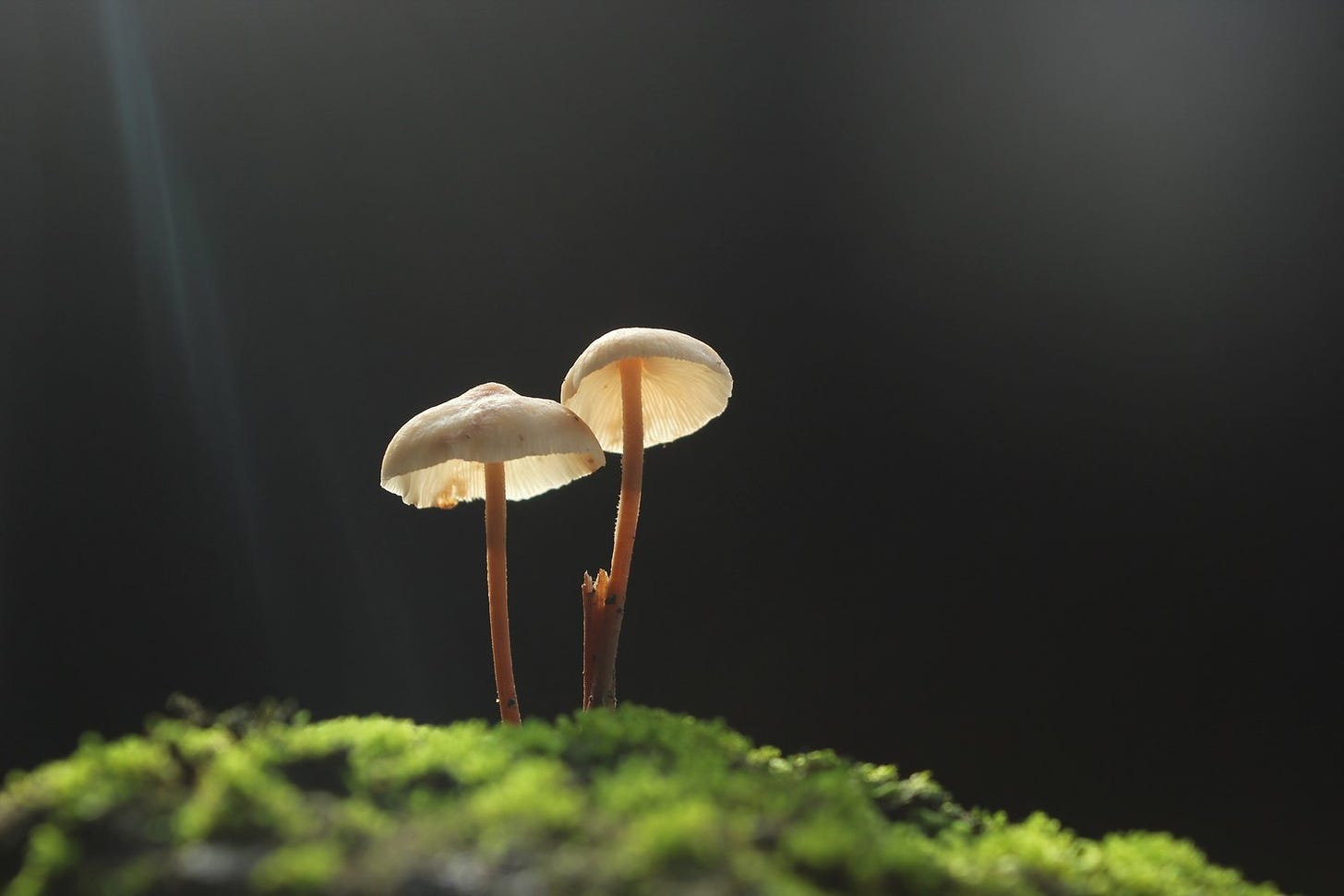Universal-Sci Weekly - Issue #100
Dear subscribers, welcome to the latest edition of Universal-Sci Weekly!
As always: Please enjoy our articles!
Closest Ever Black Hole to Earth Discovered, Unveiling a Missing Link
A seemingly ordinary star cluster of roughly ten million stars known as Omega Centauri looks like a fuzzy patch in the night sky from Southern latitudes. Through a telescope, it resembles other globular clusters.
However, astronomers discovered a central black hole within its boundaries—not just an ordinary black hole but one that is considered a "missing link" in black hole evolution.
In-Flight Alcohol and Cabin Pressure: A Risky Combination for Heart Health

New research indicates that drinking alcohol while flying, especially on long-haul flights, may pose a risk to passengers' heart health.
The study, published in the peer-reviewed health science journal Thorax, reveals that the combination of alcohol consumption and cabin pressure at cruising altitude can significantly lower blood oxygen levels and increase heart rates, even among young and healthy individuals. Read more in the article below.
Why Irregular Sleep Patterns Could Be Bad for Your Health
Researchers found a concerning link between irregular sleep patterns and high blood pressure, also known as hypertension.
In their large-scale study, published in the peer-reviewed journal Hypertension, a team of researchers analysed sleep data from over 12,000 adults around the world, shedding light on how inconsistent sleep schedules can negatively impact our heart health.
Nearby Exoplanet Reveals Unexpected Atmospheric Secret

Using the James Webb Space Telescope a research team at Johns Hopkins University discovered that an exoplanet, notorious for its extreme weather, has a surprising feature—it smells like rotten eggs. Interestingly, the presence of this foul odour is more than just a curious fact.
An Interesting Discovery: How Mushrooms Keep Themselves Cool With Built-In Air Conditioning
Scientists discovered something amazing about fungi: they can maintain cooler temperatures than their surroundings. This phenomenon, known as fungal hypothermia, is not just limited to mushrooms but also includes moulds and yeasts.
The researchers published their findings in the peer-reviewed science journal PNAS. In this article we'll go over their findings.
Support Universal-Sci!
This week’s newsletter is supported by Humble!
Purchasing any of their excellent game, software, or book bundles via our affiliate link will support Universal-Sci and is greatly appreciated!
Highlighted book bundle:
Been telling yourself that you should learn programming? Or been meaning to pick up a new language? It’s time to finally take the plunge with this bundle of books from Pearson.
Get 4 ebooks for just $1/€1 via our affiliate link here







